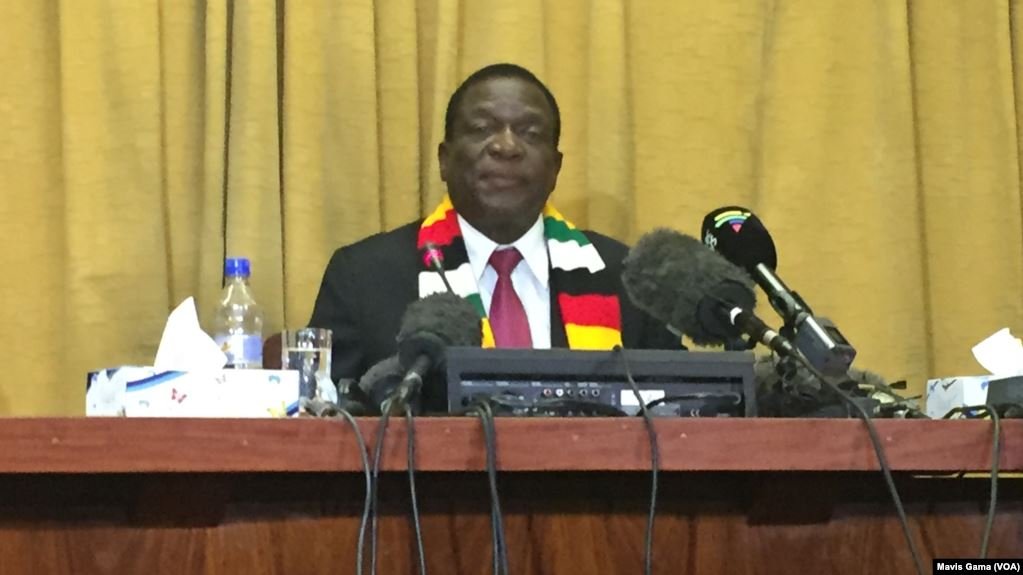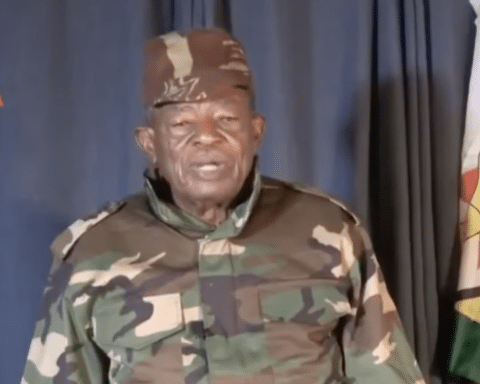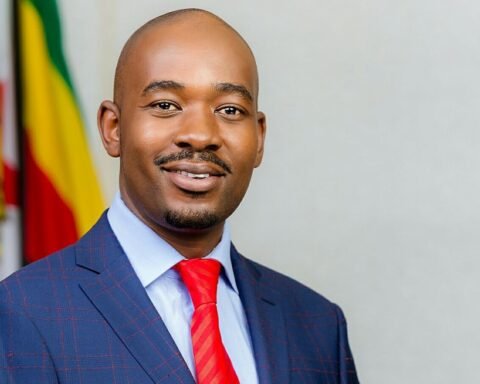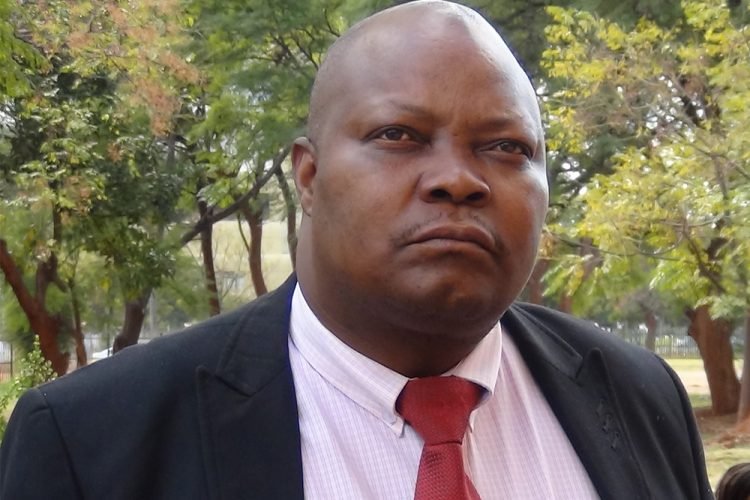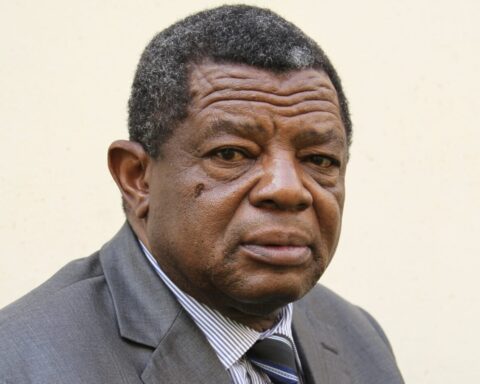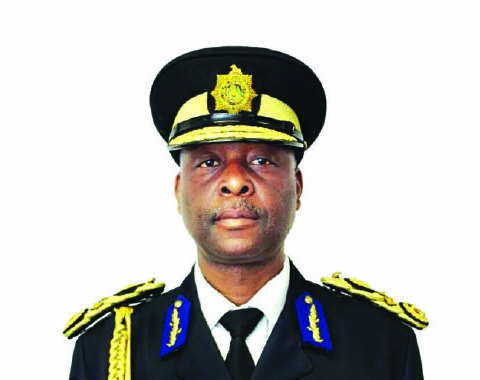President Emmerson Mnangagwa on Monday implored Zimbabweans to avoid violence and corruption and focus their efforts in rebuilding the economy.
The president made the remarks in his address to the nation at the National Heroes Acre to mark this year’s 39th Heroes Day, held every year to remember fallen and living gallant sons and daughters of the country who fought to bring Zimbabwe’s independence from Britain in 1980.
Mnangagwa made the plea as the opposition has given the notice to stage mass demonstrations in the capital, Harare, on August 16 to protest against economic hardships.
Such opposition-organised demonstrations have in the past turned violent and resulted in the death of people and destruction of property. The last one, held in January against rising fuel prices, destroyed property, looting of shops and the death of at least 12 people.
“Violence, discord, dishonesty, hatred, divisions, discrimination, tribalism, regionalism and corruption must be rejected as having no place in the new Zimbabwe,” Mnangagwa said.”Mutual respect, love, equality, peace, commitment, loyalty and cooperation must now be the order of the day. Violence must continue to be shunned and rejected.”
He said dialogue and constructive criticism must be promoted as the center piece of national development in the new Zimbabwe. National economic progress requires dedicated effort, hard work and unflinching loyalty and patriotism by all Zimbabweans, he said.
Mnangagwa reiterated that the ongoing painful economic reforms being implemented by his government are “necessary to right-size the economy and reset it for sustainable economic development.”
“Going forward, my government will continue to concentrate on increasing production efficiencies across all sectors of the economy,” he said. Mnangagwa assured the nation that no one will die of hunger this year following the impact of cyclone Idai and drought that left a third of the country’s population in need of food aid.
He commended the international community for contributing to the country’s food relief efforts. The United Nations last week raised its aid appeal for the country from the initial $234 million in February to $331.5 million to deal with growing hunger in Zimbabwe.
According to the UN, at least 5.1 million people in the country require food aid, and out of the 5.1 million people, over 3 million, or 38 percent of the rural population, is projected to need urgent humanitarian assistance in October-December 2019.
An estimated 2.2 million people in urban areas are also food insecure due to economic challenges and require food aid. Mnangagwa expressed satisfaction with monetary reforms that have been implemented this year, resulting in the introduction of a foreign currency inter-bank market in February and the reintroduction of the Zimbabwe dollar in June.
He said currently, about $5 million was being traded daily on the inter-bank market at market rates on a willing seller-willing buyer basis. Prior to the inter-bank, foreign currency was mainly being traded on the parallel market where traders charged exorbitant rates.
In June, the government also banned the use of the US dollar and other foreign currencies for domestic transactions, and reintroduced the Zimbabwe dollar as the sole legal tender, effectively ending the multi-currency regime that had been in existence since 2009.
Mnangagwa, however, expressed concern over the continued cash shortages in the economy, and vowed to address the challenge soon.
“We are aware that our people, especially those in rural areas, are facing difficulties in transacting owing to cash shortages,” he said. “This transient challenge will be addressed decisively in the near future.” He added that efforts to turnaround the economy will remain underpinned by a spirited campaign to eradicate corruption.
“This campaign will be waged relentlessly and without fear or favour,” Mnangagwa said.
